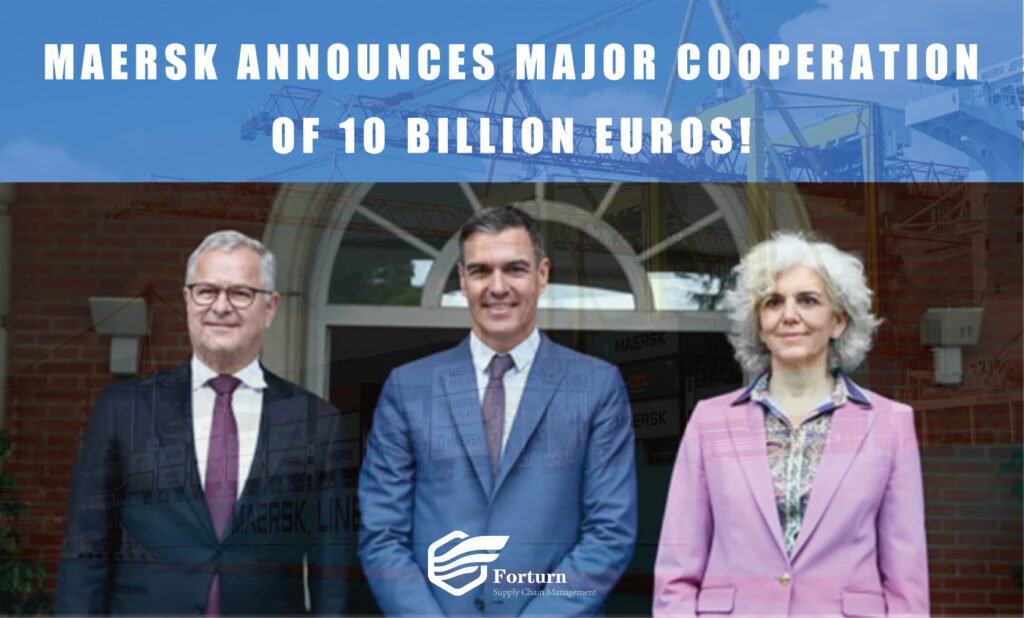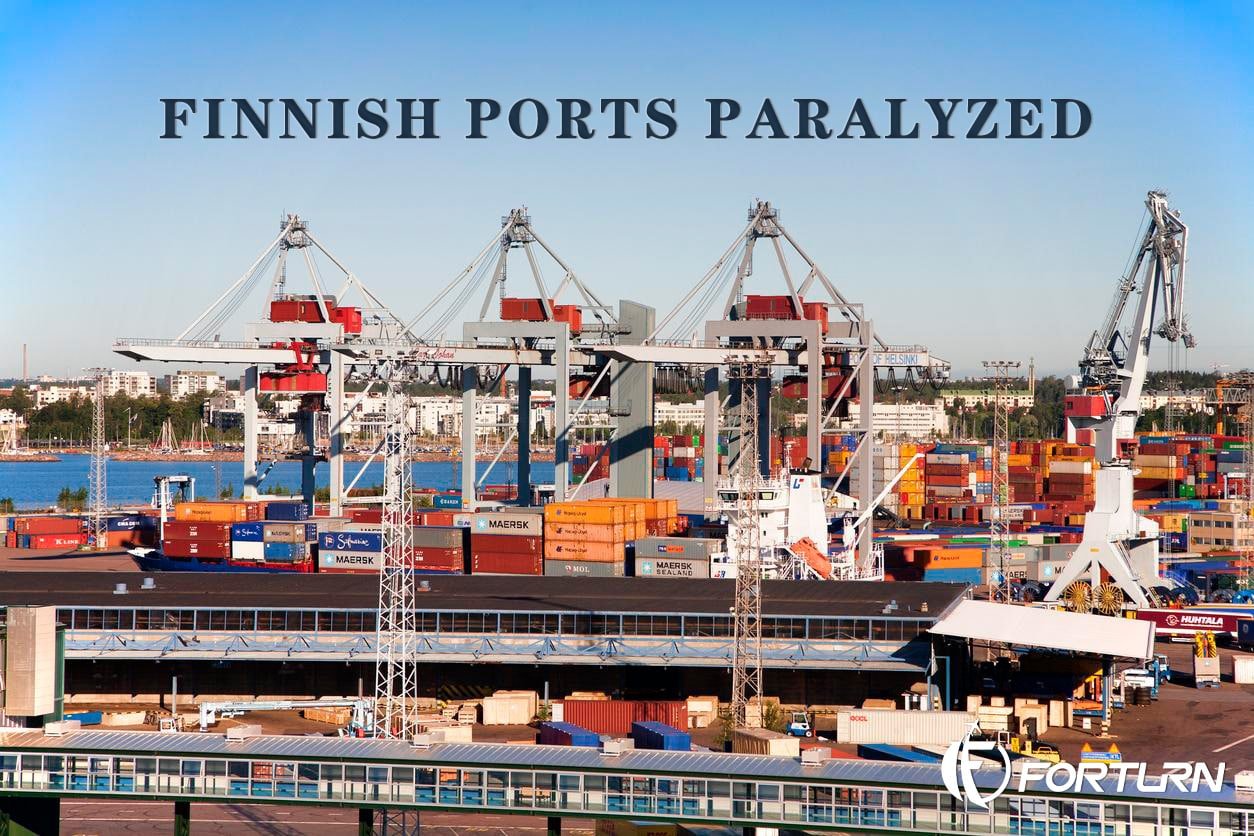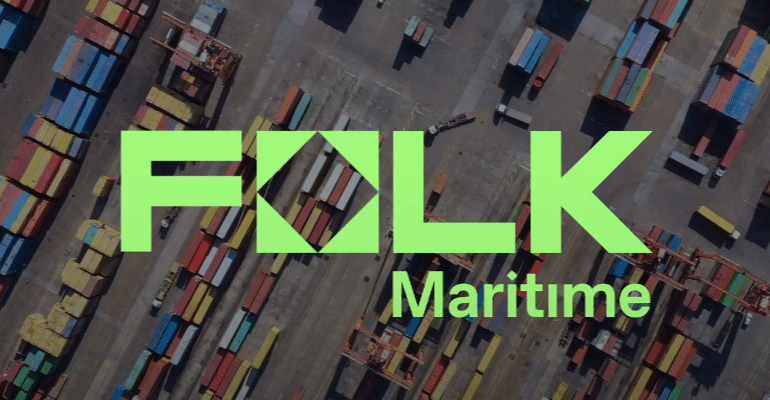Maersk announces major cooperation of 10 billion euros!
Maersk and the Spanish government are exploring cooperation in the field of green fuel, which is expected to produce 2 million tons of green fuel per year. On November 3, Maersk announced that it had signed a General Protocol for Collaboration with the Spanish government to explore the feasibility of large-scale production of green fuels in Spain. Maersk will invest 10 billion euros to build a plant in Spain to produce green fuel. Maersk said that the signing of the protocol is an important milestone in the cooperation between the two parties. Once the cooperation is fully implemented, 2 million tons of green fuel can be produced every year. Maersk CEO Soren Skou said: “We are currently facing severe environmental challenges and need to accelerate the availability of green fuels. We are delighted to explore green fuels together with the Spanish government as Spain explores hydrogen fuels and sustainable development goals. At the same time, Spain also has a lot of renewable resources and is on the main shipping routes.”

Regarding this cooperation, President of the Government of Spain Pedro Sánchez said: “This project fits perfectly with reindustrialization strategy, energy transition, and development of green hydrogen in Spain, and can jointly promote the realization of the EU’s decarbonization commitments. This cooperation can also strengthen the economic, political, and commercial ties with Denmark.” Maersk believes that the ability to obtain sufficient green energy and fuel at cost-competitive prices is still the main challenge for the decarbonization of the global shipping industry. Maersk needs around 6 million tonnes of green methanol annually to meet its 2030 fleet emissions targets. And by 2040, more green methanol is needed to achieve net zero emissions.
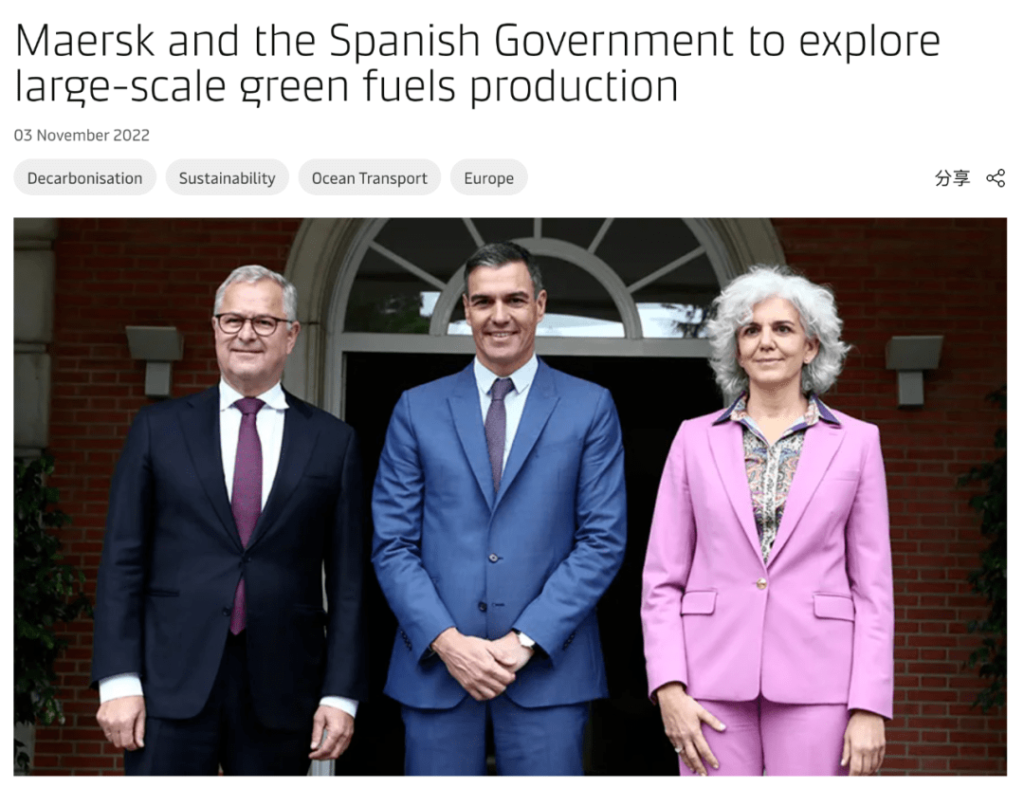
Henriette Hallberg, CEO of Fleet & Strategic Brands at A.P. Moller- Maersk, further stated that Maersk is already actively involved in developing climate solutions to enable the global shipping industry to meet the Paris Agreement while enabling Maersk to achieve its 2040 net-zero emissions target. It is understood that the 19 ships put into operation by Maersk from 2023 to 2025 will require about 750,000 tons of green methanol fuel. Maersk has announced seven strategic partners this year to safeguard its green fuel supply.
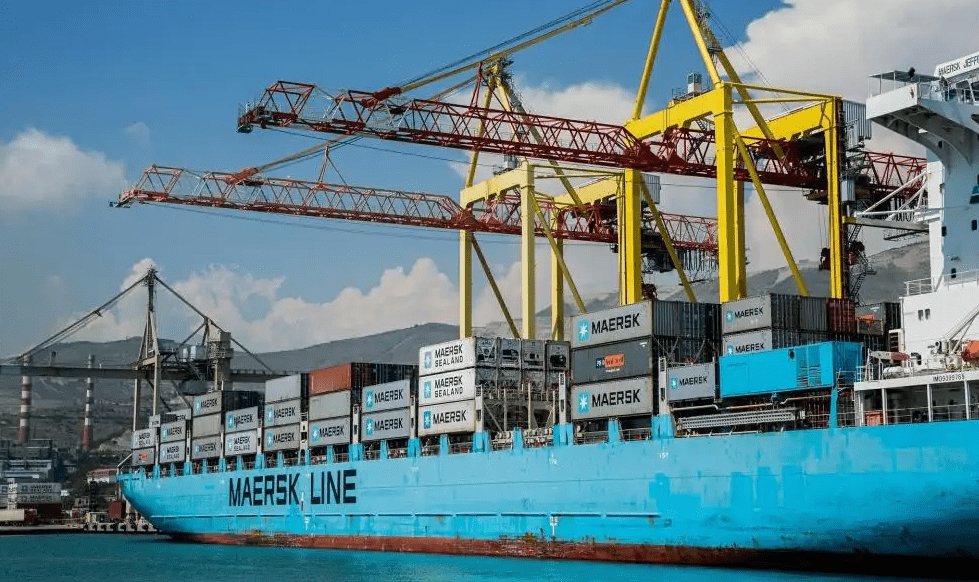
Yan Ci, the chief representative of Maersk Group China, once said that China has great potential in the field of sustainable methanol production and looks forward to cooperating with Chinese partners in the future. As the new environmental protection regulations in 2023 are about to take effect, the decarbonization test faced by shipping companies is also more difficult. At present, green methanol fuel has won the favor of many shipping companies, including Maersk, COSCO Shipping, CMA CGM, and other shipping giants, all of which have placed orders for large green methanol fuel container ships. Maersk once analyzed that green methanol is the green fuel that can be produced on a large scale in the next ten years, and it is good to see that more shipping companies have also chosen this route.

